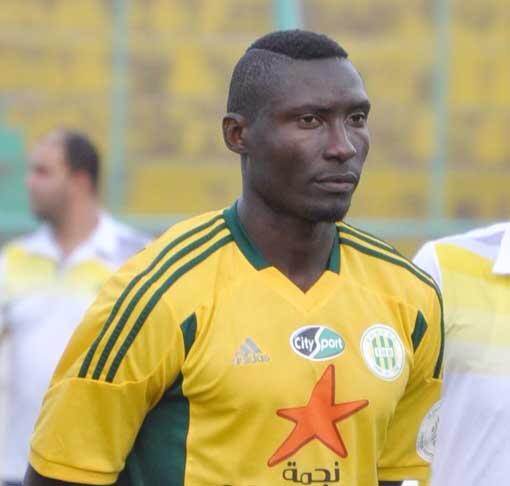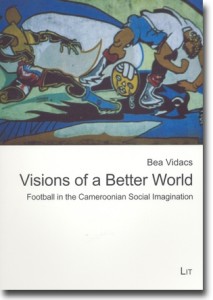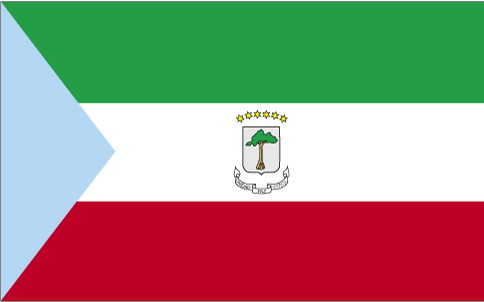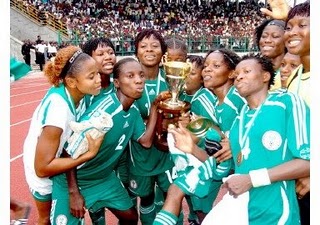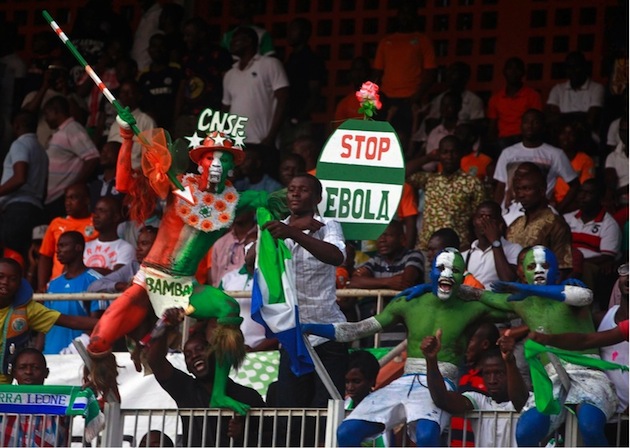
Spectators went beyond the usual gamesmanship at Sierra Leone’s practice in Yaoundé, Cameroon: chants of “Ebola, Ebola” rained on the visitors. “You feel humiliated, like garbage, and you want to punch someone,” said John Trye, a reserve goalkeeper, speaking to Jeré Longman of The New York Times (click here to read the article).
Two months ago, Sierra Leone had reached number 50 in FIFA’s world ranking–an excellent result for a country ranked 183rd in the Human Development Index. Coached by Johnny McKinstry, an ambitious 29-year-old from Belfast, the team seemed poised to qualify for the 2015 African Nations Cup before the catastrophic Ebola outbreak in West Africa.
The Confederation of African Football decreed that Sierra Leone’s Nations Cup home qualifiers had to be played outside the country. When the team journeyed to Lubumbashi, Democratic Republic of Congo, to play a “home” match against the DRC, midfielder Khalifa Jabbie reported that “they treated us like aliens.” In Abidjan, the Ivory Coast players opted for fist-bumps with their opponents instead of shaking hands; fans in the stands taunted the visitors with “Stop Ebola” signs and insulting chants (see photo above).
Already facing stiff competition in a qualifying group that includes Ivory Coast and Cameroon, the itinerant Sierra Leoneans lost matches and became demoralized. “The players tried their very best but sometimes what the mind’s willing to do, the body simply can’t anymore,” said their Irish coach. Making matters worse, a couple of weeks before Sierra Leone’s away match in Cameroon, McKinstry was fired with a curt email from the sports ministry, which then fought publicly with the country’s Football Association over the selection of his successor.
While Sierra Leonans have much more serious matters to deal with than sport, the stigma and fear associated with Ebola is also denying emotional solace to a nation generously endowed with football passion and patriotism. As their new coach, Atto Mensah, put it, “This is the only way we can make people happy. We owe them joy.”
